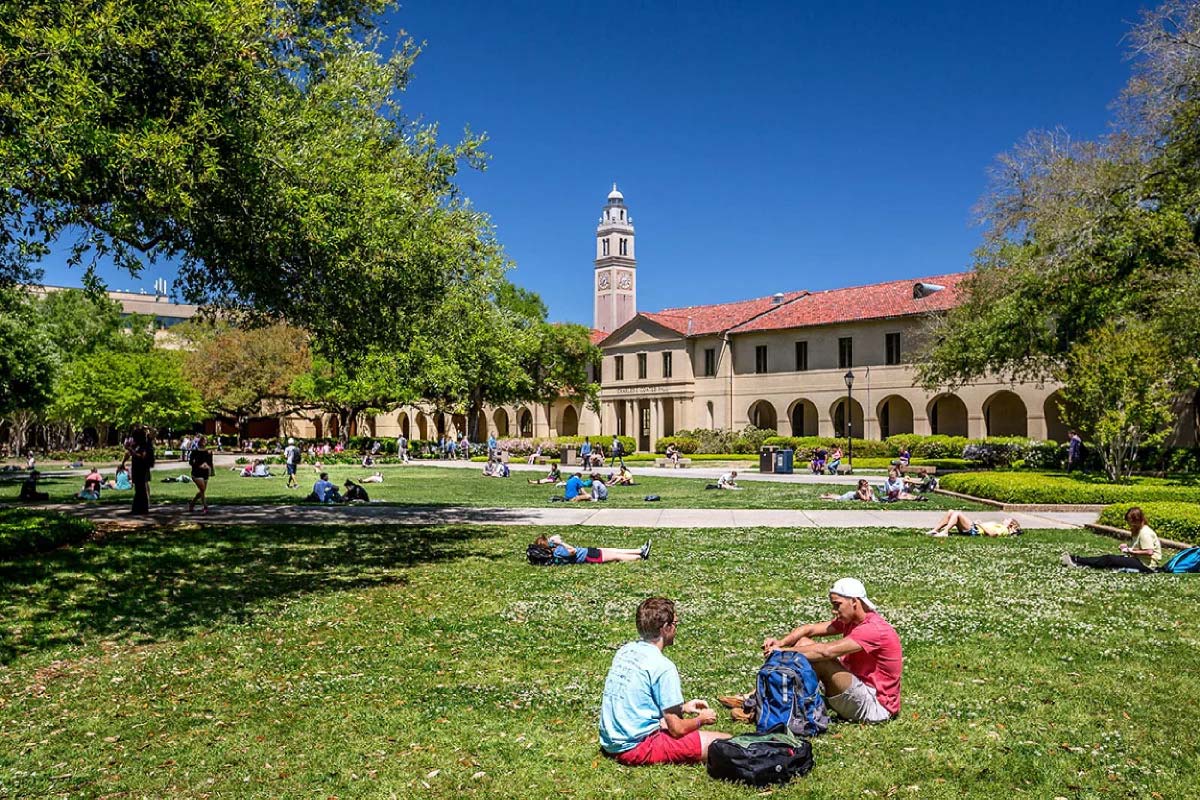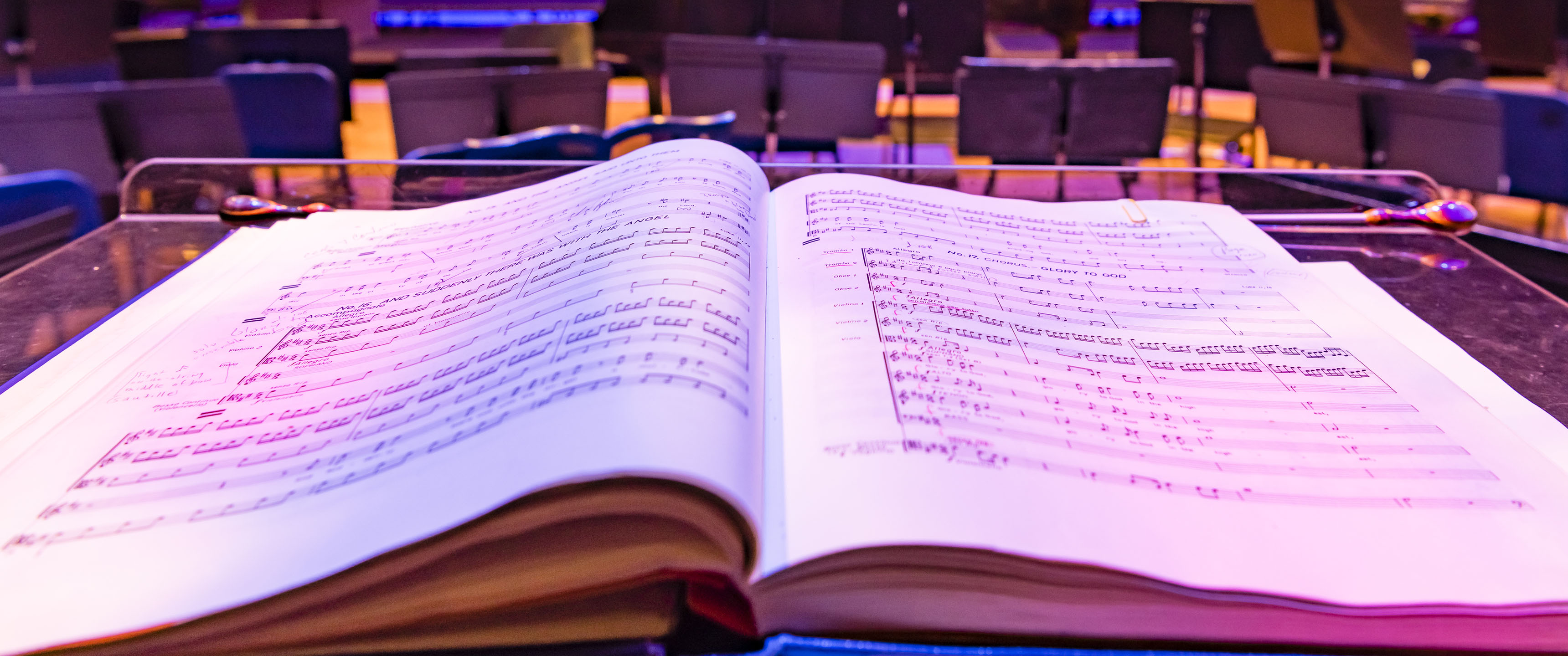
Composition Studies
A rich history, fueled by student opportunity.
Students studying composition at LSU have opportunities hear their music performed by a wide range of ensembles and media, including the top-flight Constantinides New Music Ensemble, and the Composers Forum offers a lively venue for thoughtful discussion, concerts, and guest lectures. Students can also explore digital technologies and media through experiences in the Experimental Music & Digital Media (EMDM) program.
The composition student population at LSU currently includes about 30 students, evenly distributed between undergraduate and graduate. Our students come from across the United States, South America, Asia, and Europe.
Composition Faculty Members
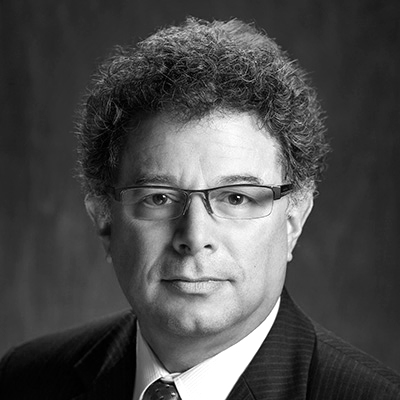
Stephen David Beck
Derryl and Helen Haymon Professor
Composition and Computer Music
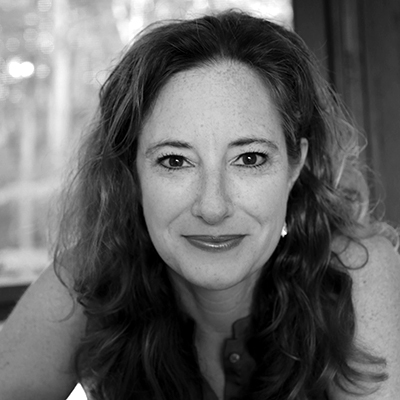
Mara Gibson
Associate Professor
Area Coordinator
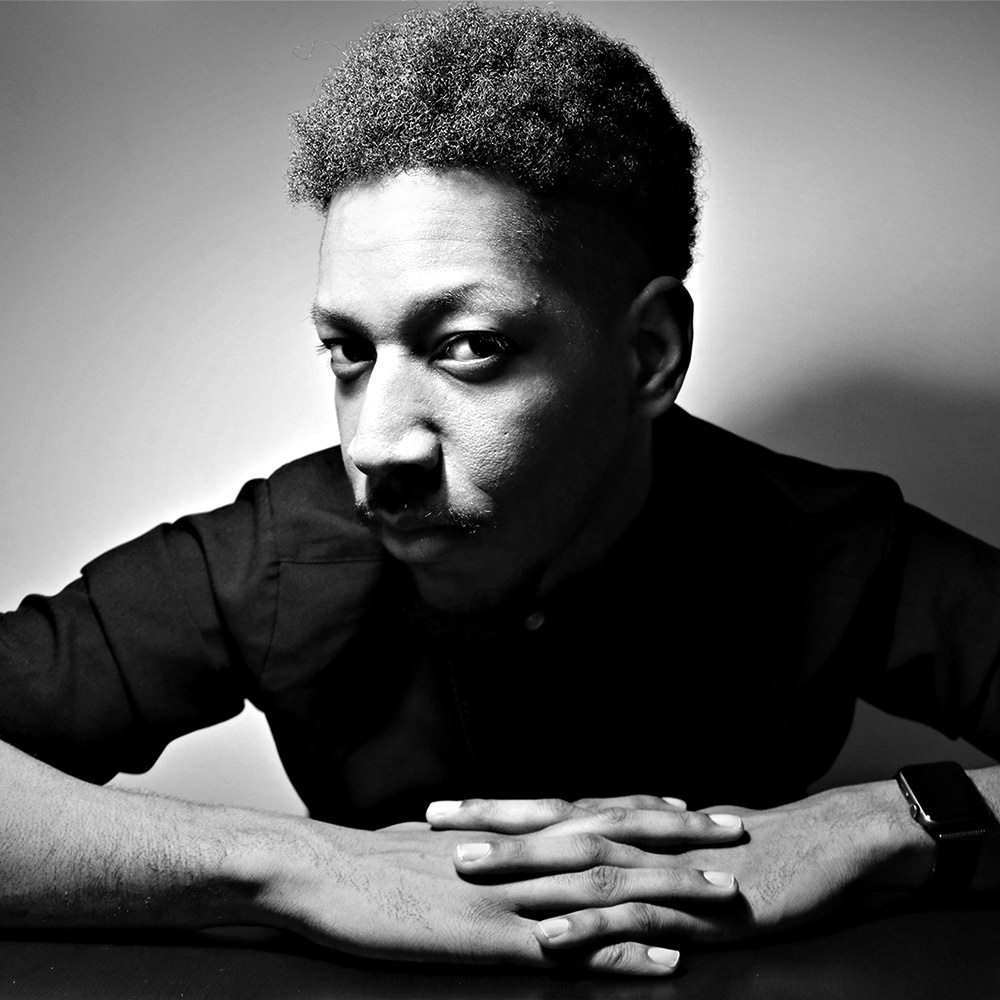
Brian Nabors
Assistant Professor
Undergraduate Studies
Offerings
- Bachelor of Music - Composition Concentration
- A rigorous program that includes eight (8) semesters of composition lessons and a senior composition recital
- Bachelor of Arts - Composition
- A viable alternative for those students who prefer a more flexible and less intensive music curriculum than is possible under the Bachelor of Music Education or Bachelor of Music curricula.
Studies Overview
Interested to see how your college career might unfold in an undergraduate composition curriculum? Expand each tab below to learn more.
For the first four semesters as a composition student you will be guided through foundation studies in composition. Through individual and group lessons and labs, you will learn techniques of thematic development and counterpoint, and will expand your vocabulary in rhythm and harmony in the context of forms such as sectional variations, a sonata movement, and song cycle.
During this preliminary stage of study, it is important that you develop basic technique of composition, so your original work will be done within a more guided context. You will work with your fellow music students to produce performances of the compositions you produce in composition lessons.
From compositions you produce during your first four semesters, you will select three or four of these to become your audition portfolio for acceptance to advanced studies in composition. This portfolio will provide evidence of your preparation to work in larger forms with a greater variety of instrumentation. Your portfolio must be submitted in time to be reviewed prior to your continuation, which takes place at the end of semester 4.
Following a successful continuation interview, you now work with greater independence regards style and form, and work specifically toward production of your senior recital. Composition takes up the larger portion of your musical studies. Consequently, greater productivity and depth of creative reworking of materials and form are firm expectations.
You will produce a recital of 4-5 of your original works of 50 minutes of music during your senior year, which should include your own involvement in the performances. If the recital includes computer music compositions, these need to be presented in the context of the recital itself, rather than simply being made available online. The normal expectation is that all the compositions performed on your senior recital will have been written in your final two years of composition lessons. Your composition recital program must be approved by the composition faculty.
Graduate Studies
Offerings
- Master of Music – Composition Concentration
- To join this program, applicants must present a strong portfolio of works, consisting of scores with accompanying recordings from diverse instrumentation demonstrating a mastery of pitch, rhythmic and harmonic material using a clear form on macro and micro levels with clear intentions outlined by student of long term goals.
- Doctor of Philosophy in Music – Composition Concentration
- To join this program, applicants must demonstrate a clear compositional voice with a substantial portfolio including an MM thesis level composition, as well as a diverse portfolio with clear intentions and long term goals.
- All doctoral students take a doctoral minor curriculum, often opting for study in EMDM, Music Theory, Musicology, or Performance.
Fresh Works by LSU Student Composers Available Through J.W. Pepper
From the contemporary to the historically inspired, the works in this collection were composed by students, alumni, and faculty from the LSU Composition Program and published through My Score, a simple, cost-effective solution for composers to promote and sell sheet music online while also maintaining their copyrights. Delve into the latest in self-published works from LSU and learn more about the composers who created them.
